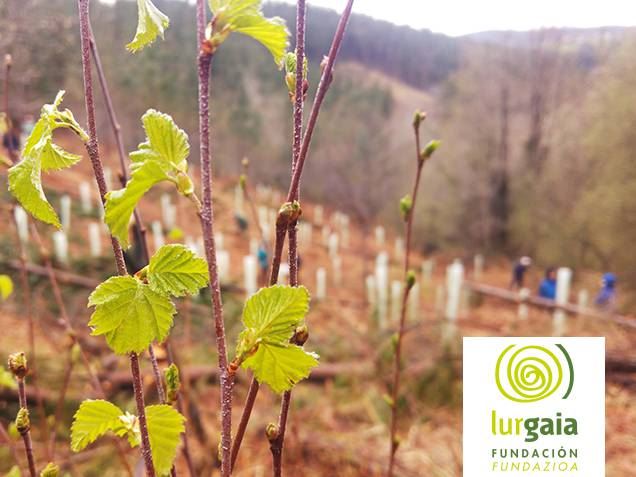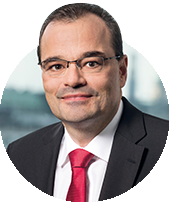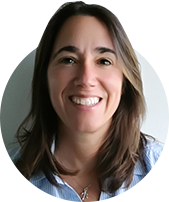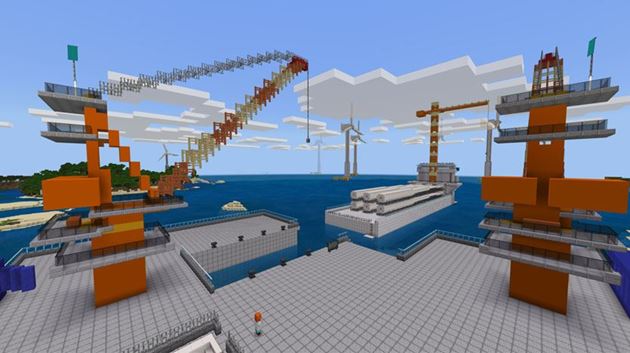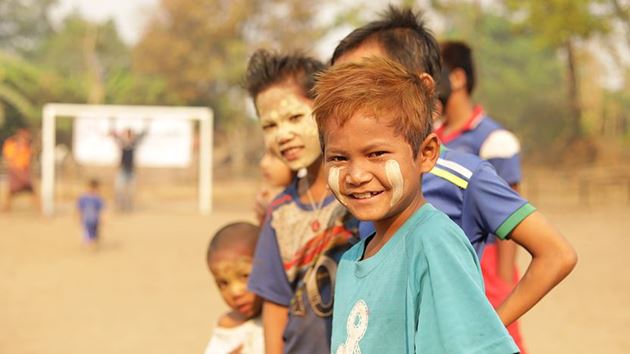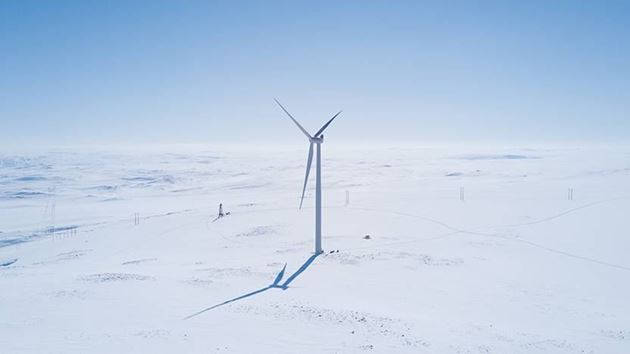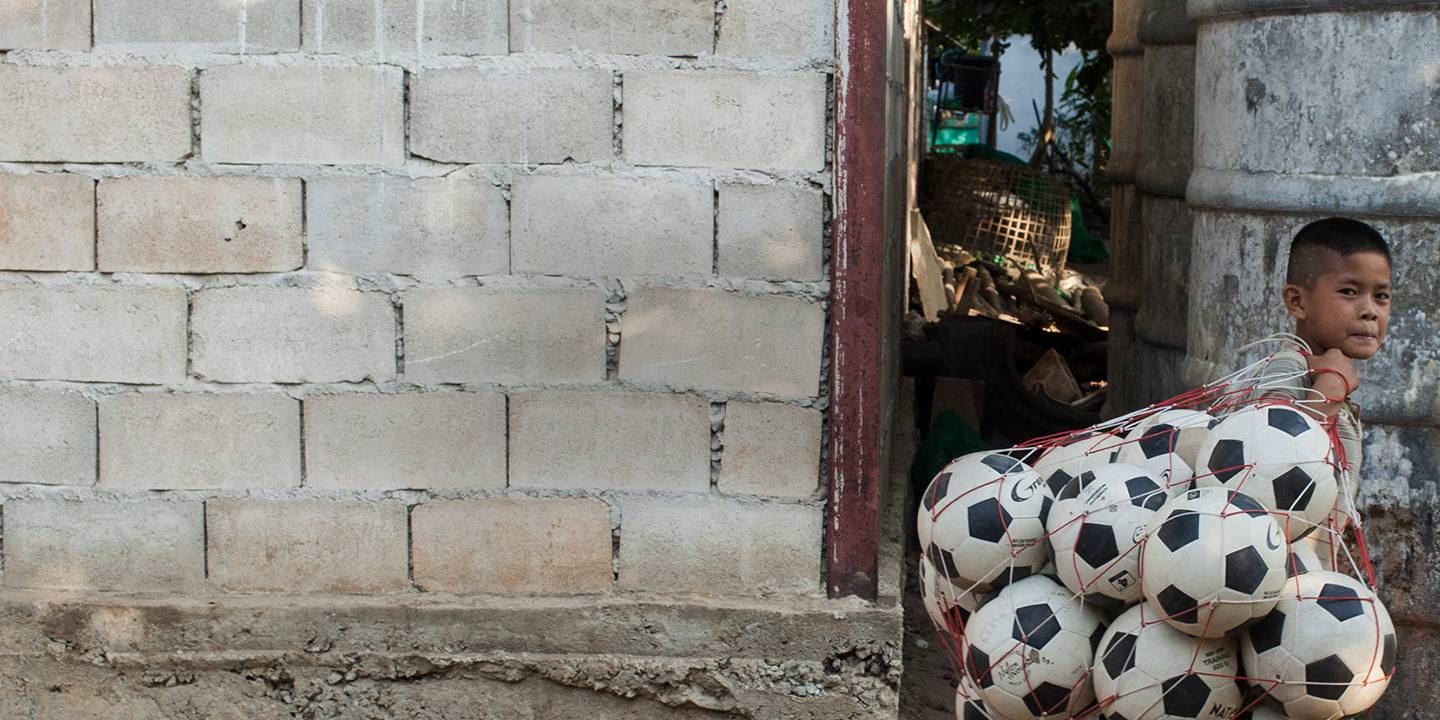
SGRE impact
An employee-driven social action initiative
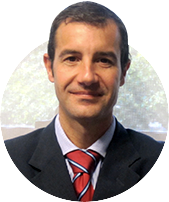
Do you want to know more about SGRE impact? Are you interested in the projects chosen for 2018/19? Please do not hesitate to contact Isaac Ruiz Urionabarrenechea.
sustainability@siemensgamesa.comEarlier this year, Siemens Gamesa employees worldwide were invited to propose social action projects for SGRE impact 2018/19. The projects had to fall within at least one of the initiative’s project categories. These are based on the UN Global Compact’s Sustainable Development Goals (SDG):
- SDG 01: No Poverty
- SDG 02: Zero Hunger
- SDG 03: Good Health and Well-Being
- SDG 04: Quality Education
- SDG 05: Gender Equality
- SDG 06: Clean Water and Sanitation
- SDG 07: Affordable and Clean Energy
- SDG 13: Climate Action
One hundred and thirty-six employees from 14 countries followed the call and submitted 192 potential projects in 39 countries. All project proposals were carefully reviewed and a selection committee, consisting of members of Siemens Gamesa's executive committee and chaired by the initiative’s patron and CEO Markus Tacke, chose eight projects in seven countries to be implemented from now until the end of September 2019.
I strongly believe that it is our duty to contribute to improving society. This initiative will help us to further develop the communities in which Siemens Gamesa is doing business and thus play our part.
SDG 01: No Poverty
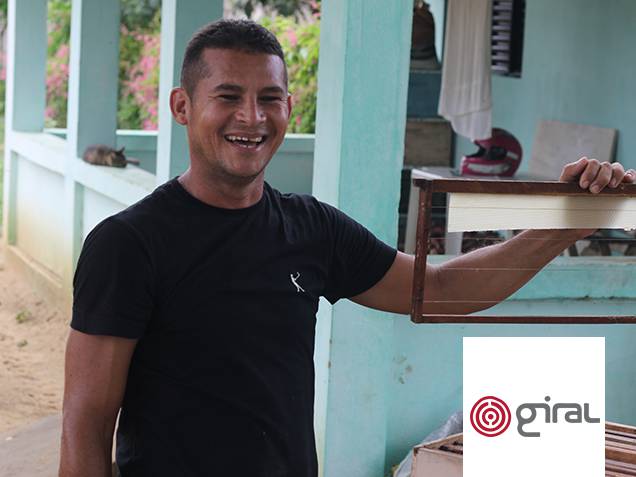
SDG 03: Good Health and Well-Being
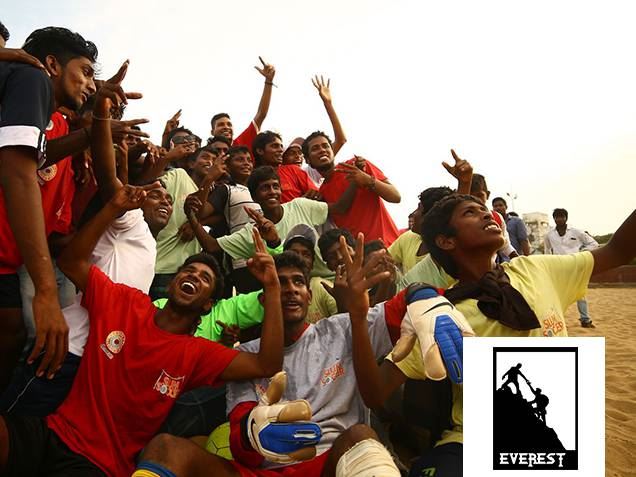
SDG 04: Quality Education
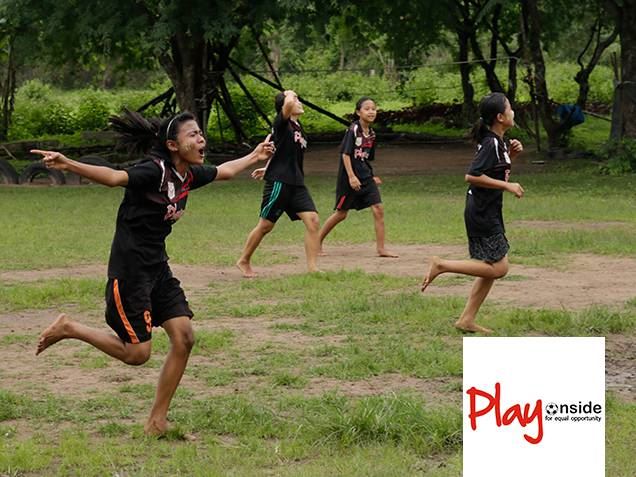
SDG 04: Quality Education
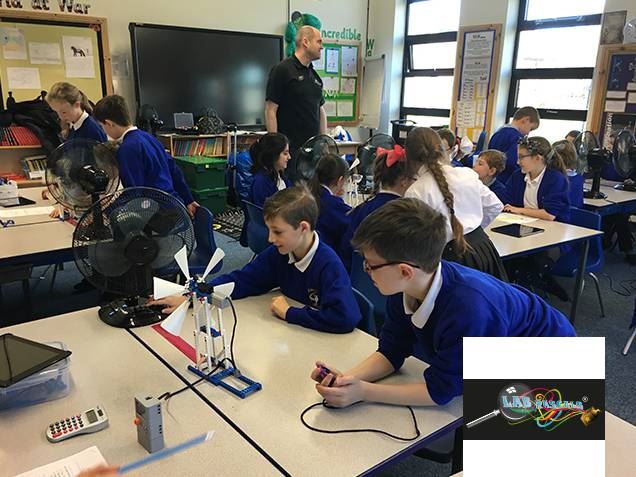
SDG 05: Gender Equality
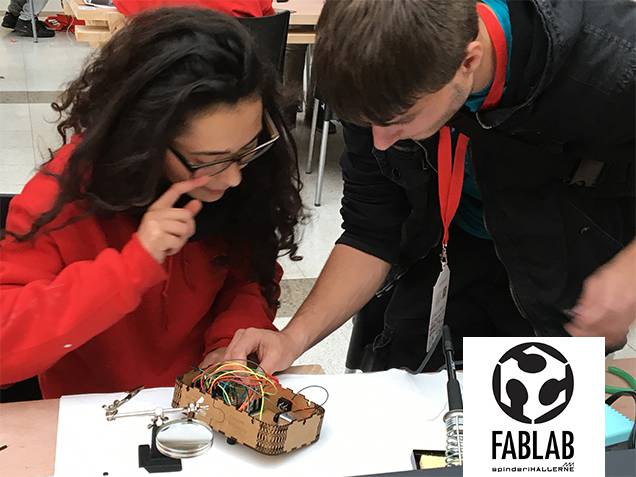
SDG 06: Clean Water and Sanitation
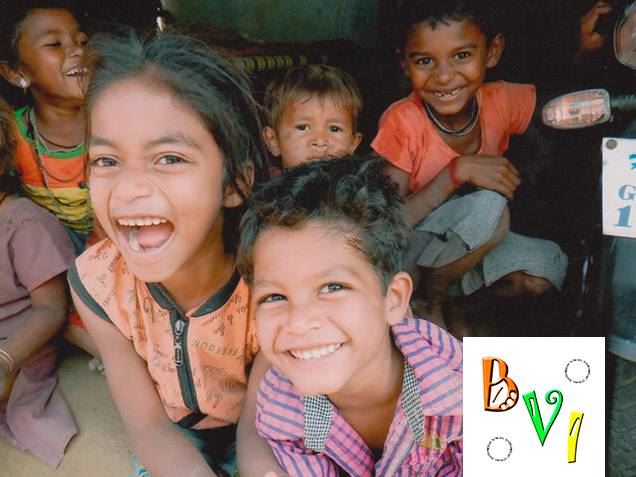
I have worked with Bal Vikas India in the past and was excited when my project was chosen so that we can help improve the lives of nine families and their communities by building adequate sanitary facilities in India.
SDG 06: Clean Water and Sanitation
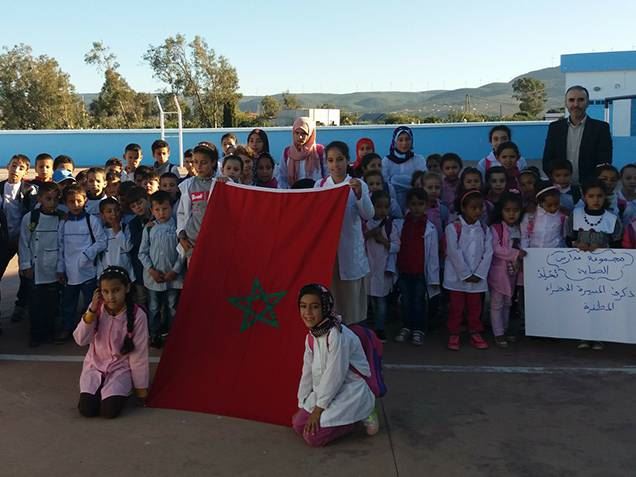
SDG 13: Climate Action
